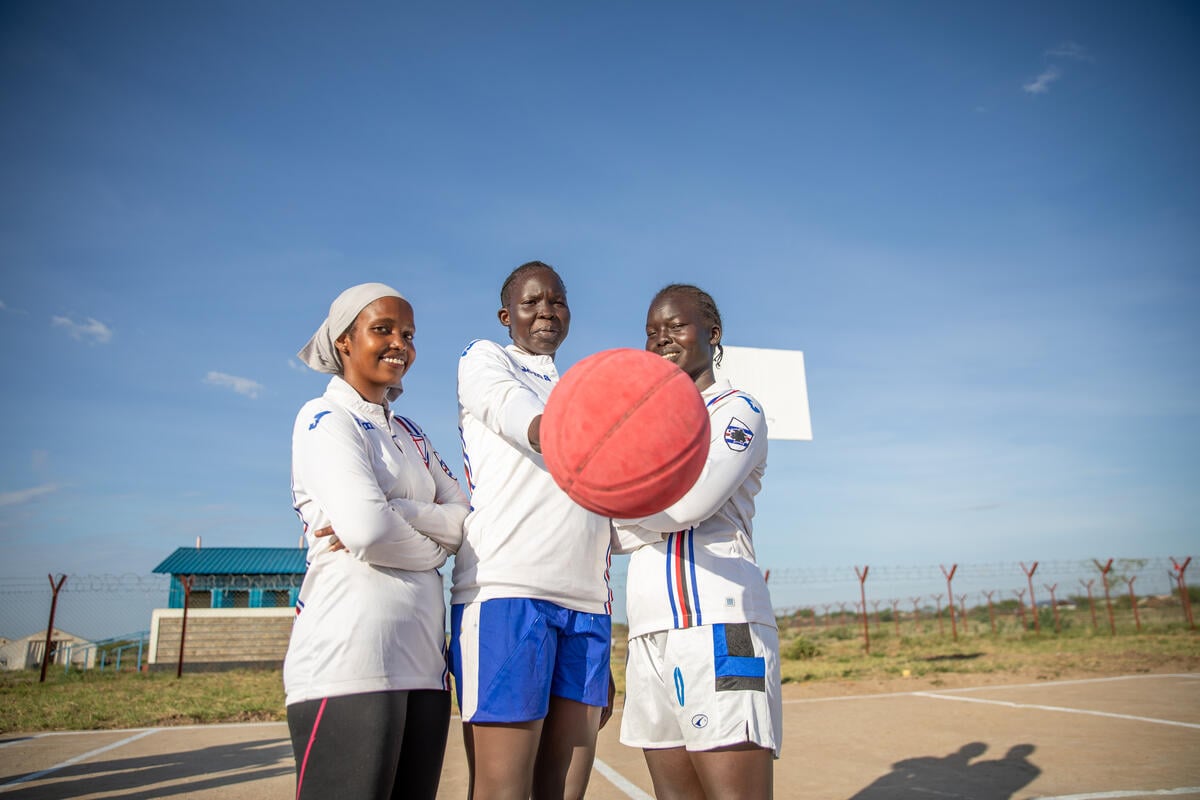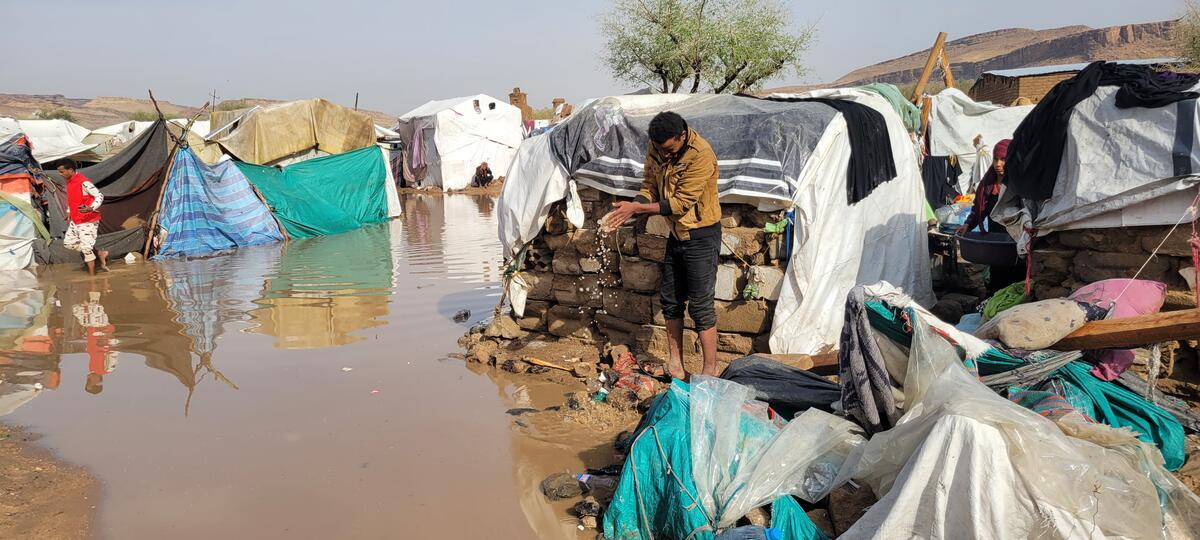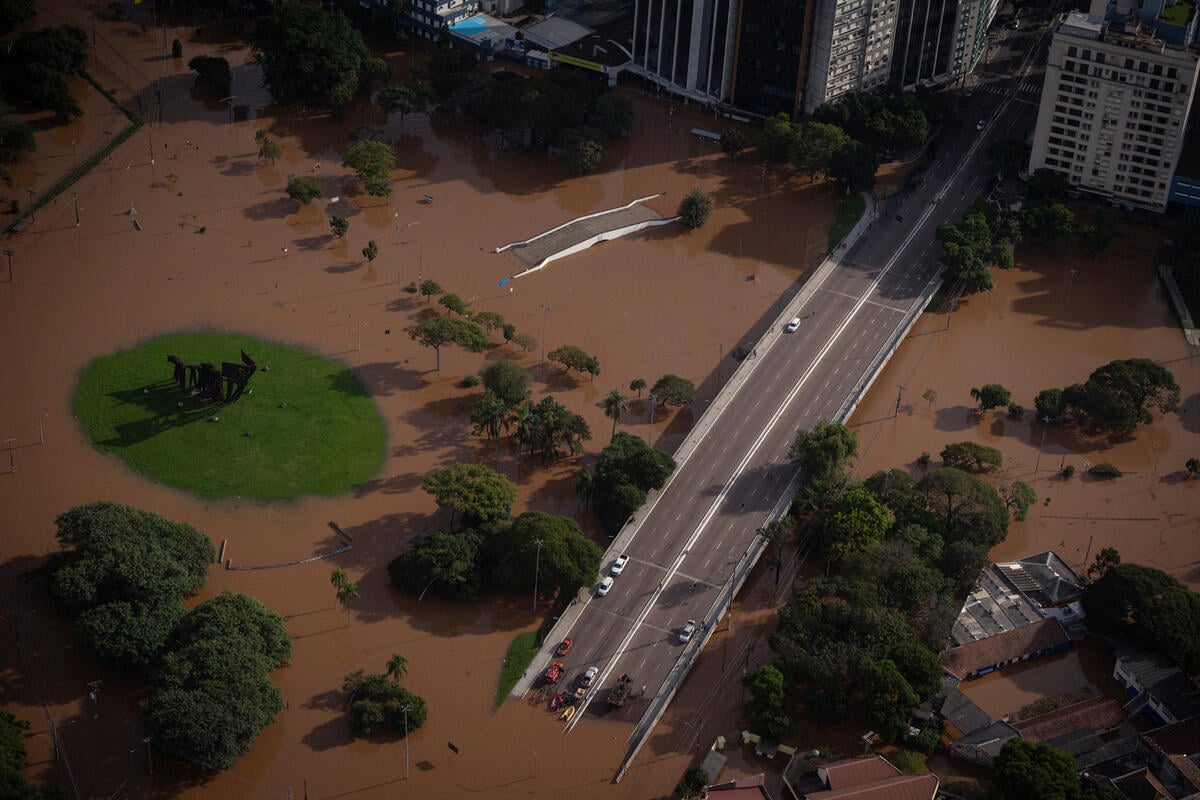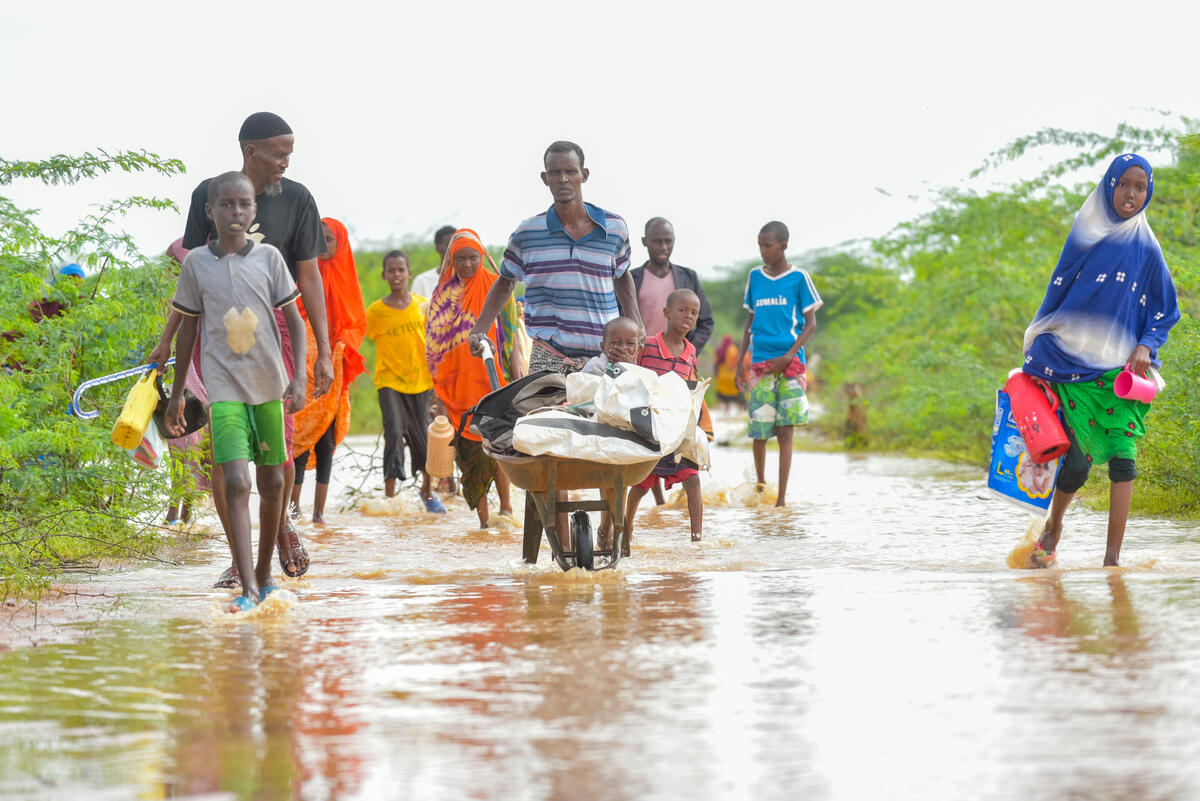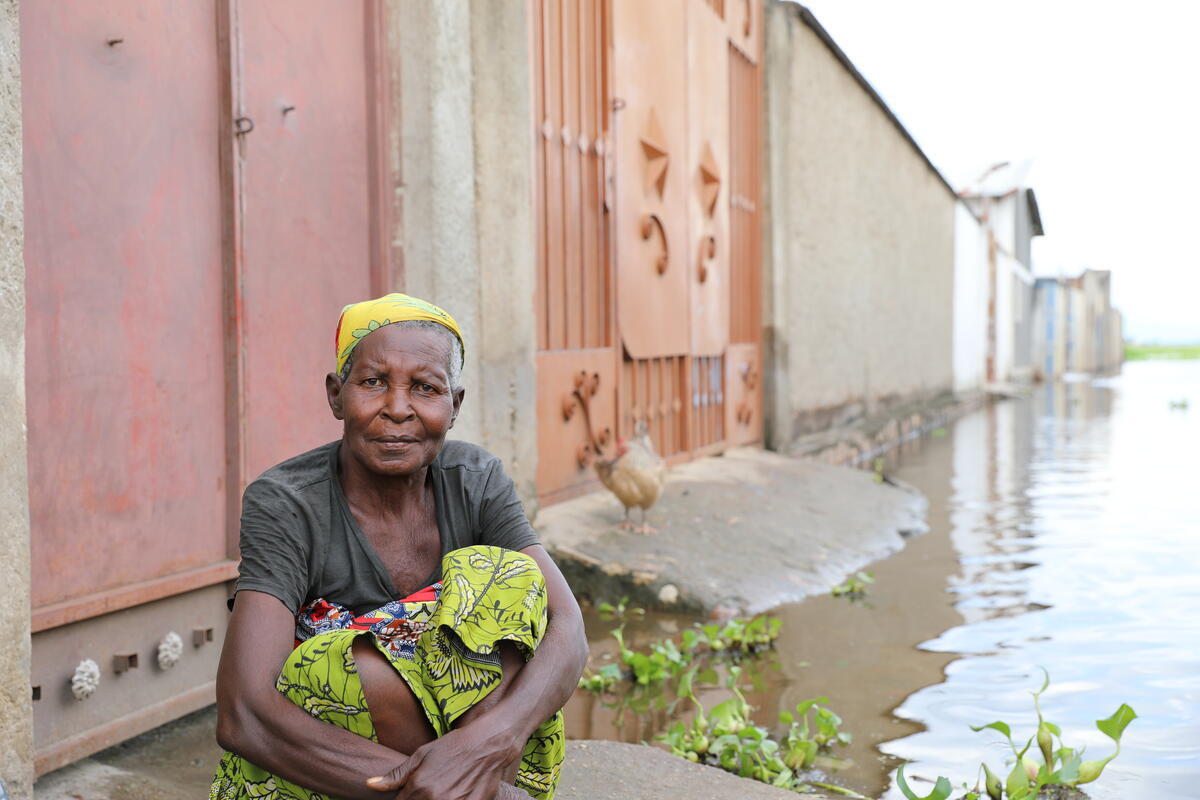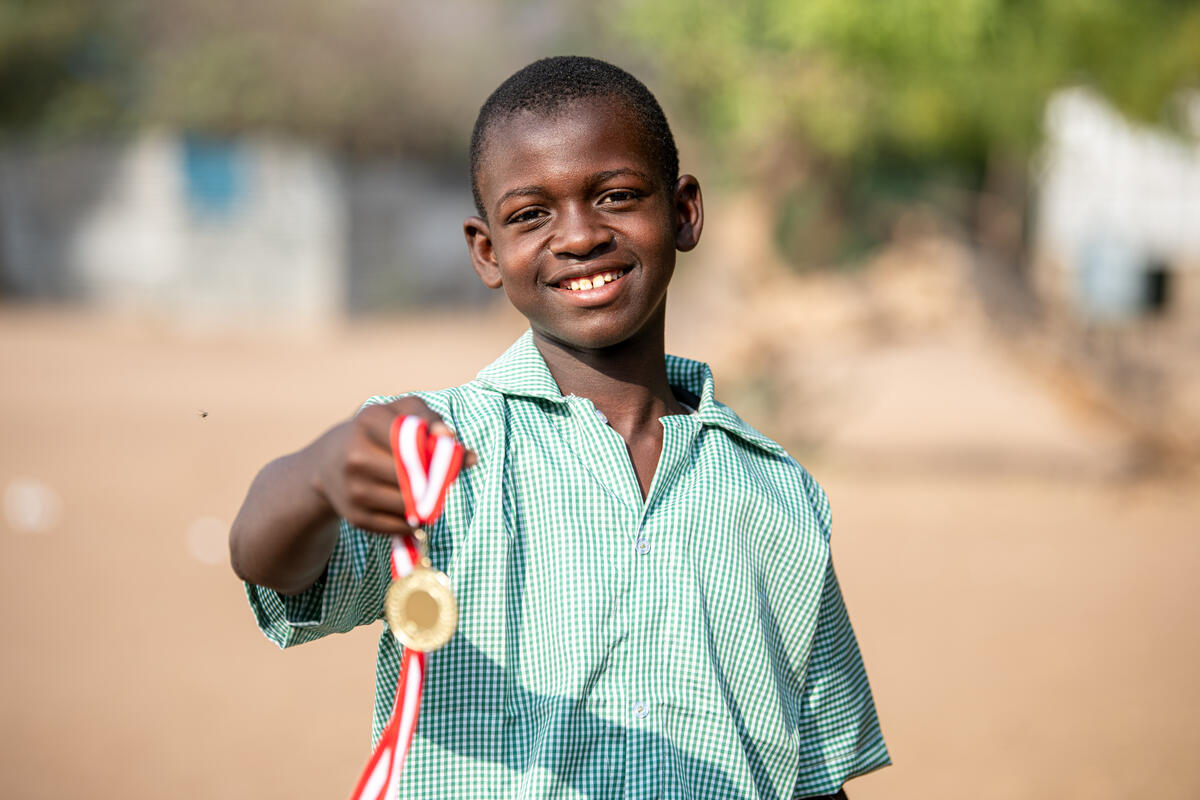Somalia: UNHCR distributes aid outside Mogadishu, further displacement
Somalia: UNHCR distributes aid outside Mogadishu, further displacement
Yesterday (Thursday), UNHCR began distributing much-needed relief supplies for some 24,000 people in the Somali town of Afgooye, 30 km west of Mogadishu - many of whom had fled a recent intensification of violence in the capital over the last two weeks. Plastic sheeting, blankets and jerry cans are being distributed over a three-day period. Nearly 65,000 people have fled the volatile Somali capital since the beginning of June, according to figures compiled by the UN refugee agency and a network of partners which are constantly being updated. In September alone, 11,000 people fled Mogadishu. Although the Somali Transitional Federal Government (TFG) said in May that insurgents had been ousted after a three months of fighting which had led almost 400,000 civilians to flee the volatile capital, ongoing violence sparked a second wave of departures in June. Only 125,000 people have returned to Mogadishu.
More than 40,000 residents of Mogadishu have been displaced in Afgooye since February. Our staff report that along the road from Mogadishu, the 22 settlements built by families who fled the capital earlier this year, are feeling the pressure of the new arrivals. People are so numerous that they sometimes block the road. Some families cannot afford the cost of transportation any further afield, while others want to remain close to the city, hoping to go back as soon as the violence eases. Some people travel to and from the capital every day to earn their living. While many of the families which have been staying around Afgooye for months have already received support from UNHCR and other international organizations, the new arrivals were in dire need of shelter and other supplies so a fresh distribution was organised
Our staff report that families are still fleeing Mogadishu every day due to an increase in violence. New departures were registered this week after the TFG ordered residents of three northern districts of Mogadishu - Huriwaa, Yaakhshiid and Wardhiigley - to vacate their houses. The TFG claimed that they were supporting the insurgents, following the death of several soldiers and of their commander during a fight with insurgents in the area.
As the road to Afgooye is clogged with people, Mogadishu residents have started using an alternative road to flee the city. New settlements have sprung up along the road to Warshiikh district, north-east of Mogadishu, where the living conditions are very precarious with no water trucked into the area, nor shelter material available.
Mogadishu is now divided into two parts; the northern part is becoming deserted as residents flee clashes between the Ethiopian-backed TFG forces and insurgents, whereas the southern part of the city is calm. The streets of northern Mogadishu are so empty during the day, a UNHCR staff member says, literally only a handful of people can be seen. The Bakara market, which used to be one of the biggest in East Africa, is barely functioning as it is regularly closed to vehicles because of insecurity such as fighting, assassinations and killings linked to robbery. People are scared to walk close to the market with only the most desperate still going, risking their lives to sell a few vegetables as they have no other way of keeping their children from starving.
The very reduced nature of the market severely threatens the local economy, at a time when inflation is running high. The price of staple items have tripled over the past two months and counterfeit money is everywhere. Daily life has become unbearable for those who live in neighbourhoods which are frequently sealed by the TFG, as they cannot leave their houses to make a living. Residents of north Mogadishu, who have not fled the city, have moved in with relatives in the relative calm of south Mogadishu, burdening already impoverished families. But they fear instability could also spread to the southern part of the city.

